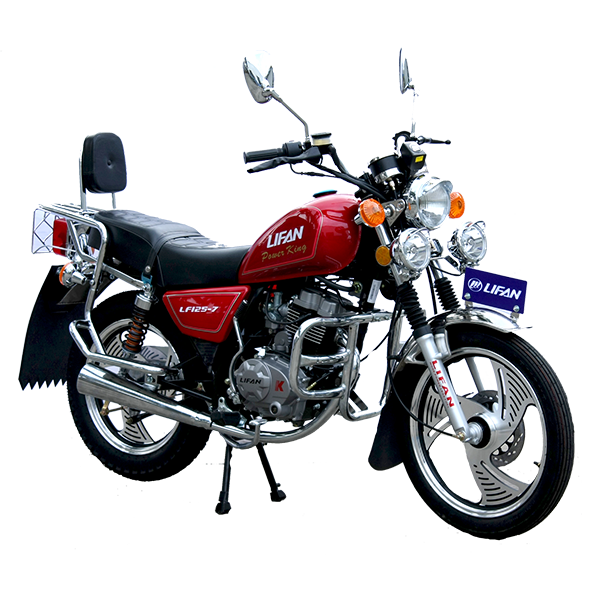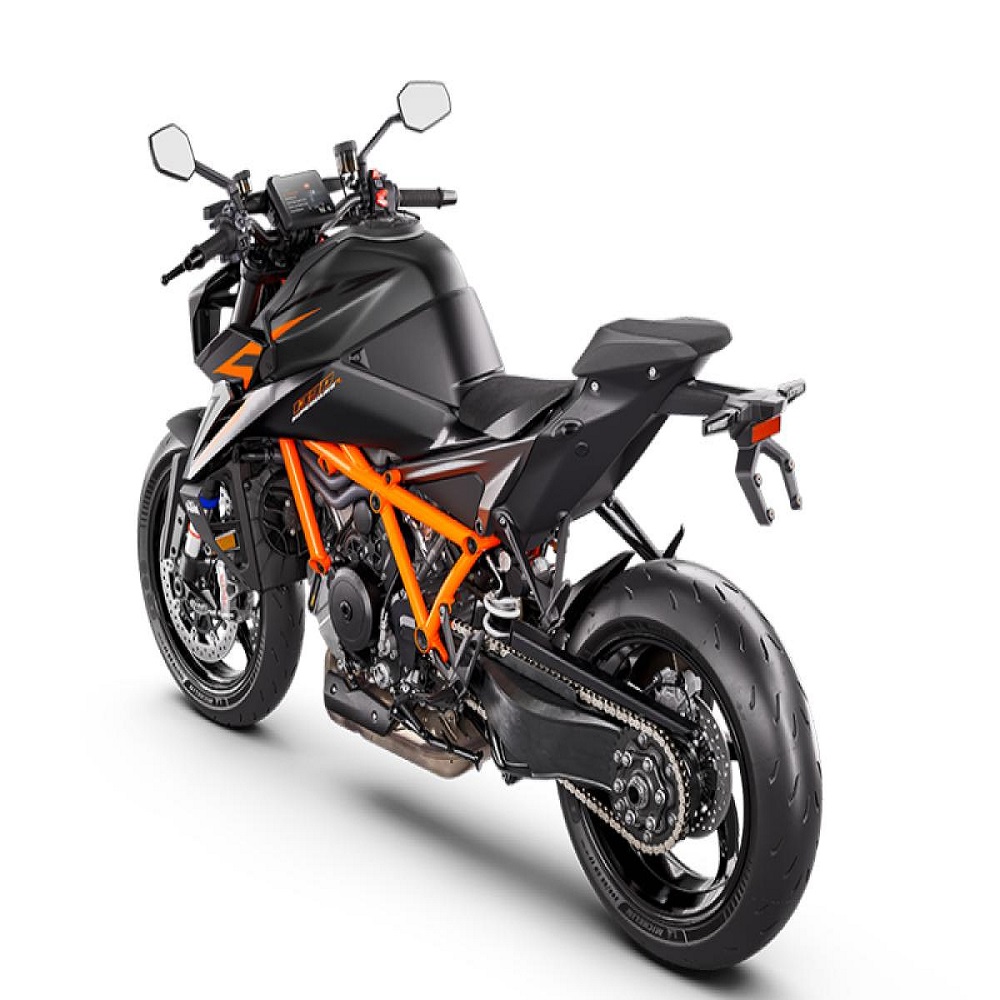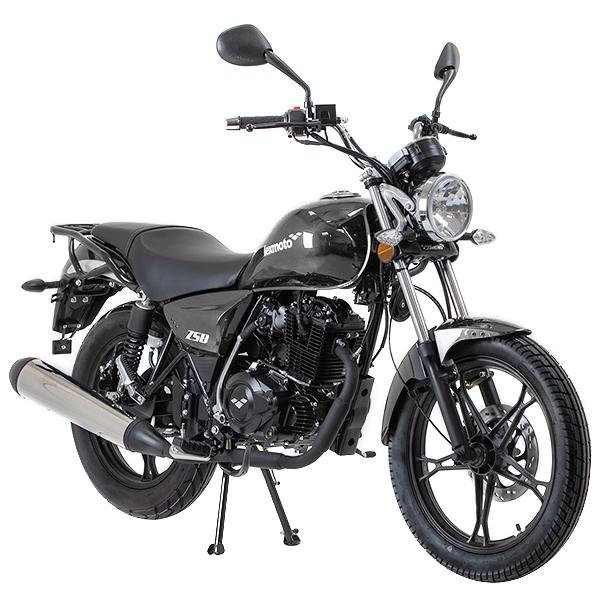Introduction
Motorcycle leasing has become a popular alternative to traditional motorcycle ownership, offering a range of benefits for those who enjoy the freedom and excitement of riding without the long-term commitment of purchasing. This comprehensive guide will explore the key aspects of motorcycle leasing, including its benefits, costs, and important considerations to help you make an informed decision.

What is Motorcycle Leasing?
Motorcycle leasing is a financial arrangement where you essentially rent a motorcycle for a fixed term, typically ranging from 1 to 5 years. At the end of the lease term, you have the option to return the motorcycle, buy it outright, or lease a new model. This arrangement allows riders to enjoy the latest models and features without the responsibility of ownership.
Benefits of Motorcycle Leasing
a. Lower Monthly Payments
One of the most attractive benefits of motorcycle leasing is the lower monthly payments compared to purchasing a motorcycle outright. Since you’re only paying for the depreciation of the bike during the lease term, rather than its full purchase price, your monthly lease payments are generally lower.
b. Access to Newer Models
Leasing allows you to ride the latest motorcycle models with advanced features and technologies without committing to long-term ownership. This is especially appealing for riders who enjoy having access to the newest innovations in motorcycle design and performance.
c. Reduced Maintenance Costs
Leased motorcycles are often new or nearly new, meaning they are less likely to experience mechanical issues. Additionally, many lease agreements include maintenance packages or warranties that cover routine services and repairs, further reducing your out-of-pocket expenses.
d. Flexibility and Choice
Leasing offers greater flexibility when it comes to upgrading or changing your motorcycle. At the end of your lease term, you can easily transition to a different model or brand, allowing you to adapt to changing preferences or needs without the hassle of selling a used motorcycle.
e. Lower Depreciation Risk
When you lease a motorcycle, you avoid the risk of depreciation that comes with ownership. The motorcycle’s resale value at the end of the lease term is not your concern, as you simply return it to the leasing company.
Costs of Motorcycle Leasing
a. Initial Costs
Leasing a motorcycle typically requires an initial down payment, known as the “lease inception fee” or “security deposit.” This upfront cost is often lower than the down payment required for purchasing a motorcycle. Additionally, you may need to cover registration fees, taxes, and insurance costs.
b. Monthly Lease Payments
Monthly lease payments are based on several factors, including the motorcycle’s residual value, lease term, and interest rate. While these payments are generally lower than loan payments for purchasing a motorcycle, they can still vary significantly based on the model and leasing terms.
c. Mileage Limits
Most lease agreements come with mileage limits, which specify the maximum number of miles you can ride each year without incurring additional charges. Exceeding these limits can result in excess mileage fees, so it’s important to choose a lease agreement that aligns with your riding habits.
d. Wear and Tear
Leased motorcycles are expected to be returned in good condition, with normal wear and tear accounted for. However, excessive damage or modifications can lead to additional charges when you return the bike. It’s essential to understand the condition requirements outlined in your lease agreement.
e. End-of-Lease Costs
At the end of the lease term, you may face additional costs, such as a disposition fee for returning the motorcycle or costs associated with exceeding mileage limits or wear and tear. Some lease agreements also offer the option to buy the motorcycle at its residual value, which can be an additional expense if you choose to keep the bike.
Considerations Before Leasing a Motorcycle
a. Evaluate Your Riding Needs
Before committing to a lease, assess your riding habits and preferences. Consider factors such as annual mileage, the type of motorcycle you prefer, and how often you like to upgrade. Choosing a lease term and model that align with your needs will ensure a more satisfying leasing experience.
b. Understand the Lease Terms
Carefully review the terms and conditions of the lease agreement, including mileage limits, maintenance responsibilities, and end-of-lease options. Ensure you fully understand your obligations and any potential fees to avoid surprises later on.
c. Compare Leasing Offers
Shop around and compare leasing offers from different providers. Look for the best monthly payment rates, favorable terms, and any included benefits or maintenance packages. Don’t hesitate to negotiate terms to better suit your financial situation and riding preferences.
d. Insurance and Maintenance
Confirm what is covered under the lease agreement in terms of insurance and maintenance. Some leases include comprehensive coverage and routine maintenance, while others may require you to purchase separate insurance and service plans.
e. Future Financial Plans
Consider your long-term financial plans and how leasing fits into them. Leasing can be a cost-effective option for enjoying a new motorcycle, but it’s important to evaluate how it aligns with your overall budget and financial goals.

Buying a Motorcycle
Pros:
- Ownership: When you buy a motorcycle outright or finance it through a loan, you become the owner. This means you have complete control over customization, maintenance, and when to sell or trade it in.
- Long-Term Cost Savings: Although the upfront costs might be higher, owning a motorcycle can lead to cost savings in the long run since you’re not paying for depreciation as you would with a lease.
- No Mileage Restrictions: Unlike leases, there are no mileage limits when you own a bike, giving you the freedom to ride as much as you like without worrying about extra fees.
- Builds Equity: Over time, if you maintain your motorcycle well, it can hold or even increase in value, especially with classic or rare models.
Cons:
- Higher Initial Costs: The down payment or full purchase price can be substantial, requiring a larger upfront investment.
- Depreciation: Motorcycles depreciate quickly, especially in the first few years. If you decide to sell early, you might not recoup your initial investment.
- Resale Responsibility: Selling a used motorcycle can be time-consuming and may require additional expenses for repairs or advertising.
Leasing a Motorcycle
Pros:
- Lower Upfront Costs: Leasing typically requires a smaller down payment than purchasing, making it an attractive option for those who want lower initial expenses.
- Lower Monthly Payments: Lease payments are generally lower than loan payments because you’re only paying for the motorcycle’s depreciation during the lease term.
- Latest Models: Leasing allows you to ride the newest models every few years, ensuring you always have access to the latest technology and features.
- Predictable Expenses: With a lease, you know exactly what your monthly payments will be, and most leases include maintenance packages, reducing unexpected repair costs.
Cons:
- No Ownership: At the end of the lease, you don’t own the motorcycle and must return it unless you choose to buy it outright, often at a predetermined price.
- Mileage Limits: Leases usually come with mileage restrictions, and exceeding these limits can result in costly per-mile charges.
- Limited Customization: Modifications to leased motorcycles are typically prohibited or severely restricted, limiting your ability to personalize the bike.
- Potential Hidden Costs: Early termination fees, excess wear and tear charges, and disposition fees at the end of the lease can add up.
Factors to Consider
- Riding Frequency: If you’re a frequent rider, buying might be more cost-effective due to unlimited mileage and customization flexibility.
- Budget Constraints: If upfront costs or monthly affordability are primary concerns, leasing could provide a more accessible entry point.
- Desire for New Models: Tech enthusiasts or those who love having the latest features may prefer leasing for its ability to upgrade regularly.
-
Longevity Expectations: If you plan on keeping the motorcycle for an extended period and value ownership, buying is the clear choice.

Conclusion
Motorcycle leasing offers an appealing alternative to traditional motorcycle ownership, providing lower monthly payments, access to the latest models, and reduced maintenance costs. However, it’s essential to weigh the benefits against the potential costs and consider factors such as mileage limits, wear and tear, and end-of-lease obligations. By carefully evaluating your needs and understanding the terms of the lease agreement, you can make an informed decision and enjoy the thrill of riding a new motorcycle with greater flexibility and financial ease.

Leave a Reply